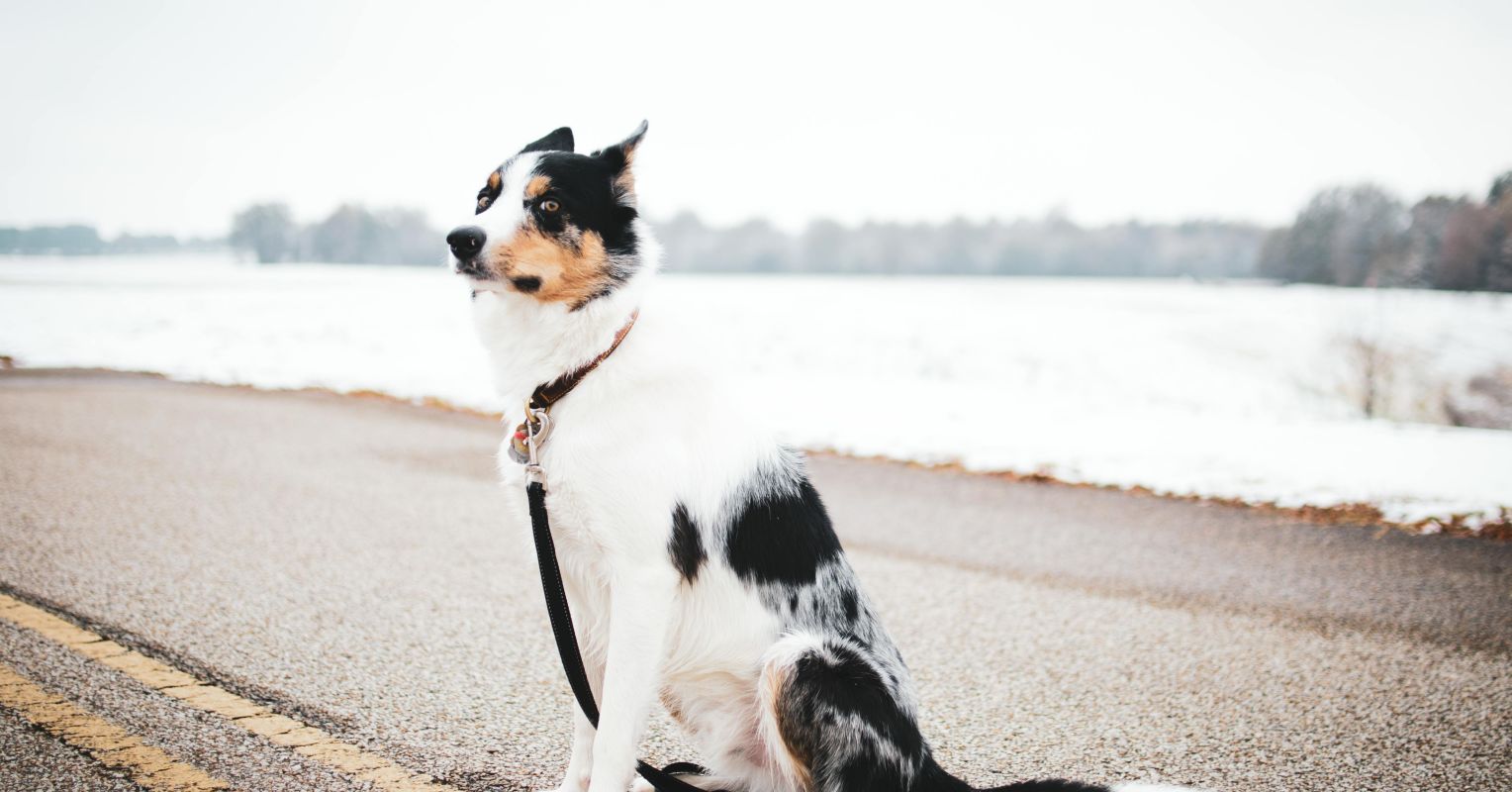NEW ORLEANS — With temperatures hovering at 95 degrees most afternoons and the heat index pushing the ambient temperature to 100 or more, the Humane Society urges pet and livestock owners to provide additional care for their animal friends.
The Humane Society fields dozens of calls a day locally and from around the state related to heat issues and people’s pets and livestock.
“It’s not uncommon for us to field reports of dogs being placed in small kennels in the direct sunlight without any shade or covering and horses staked out in the sun. These can be potentially life-threatening situations since animals also have fur coats that increase their body temperature. We want to remind people to be especially mindful of the needs of their pets and farm animals. Please keep your pets inside or in heavily shaded areas for any outside time. Livestock also needs access to fresh, clean and abundant water supply. Horses require 10-15 gallons of water daily, “ said HSLA Director Jeff Dorson.
The Humane Society also reminds people not to walk their pets on hot cement or sidewalks and never to leave their pets unattended in any vehicle.
Wildlife also needs additional assistance during our hot summer months. The Humane Society asks people to provide bird baths and bowls of water for our wildlife friends and to leave sugar water for bumble bees, hummingbirds and orioles.
According to experts (see Royal Veterinary College, London, England):
Early signs of heat stroke in dogs and cats (although in cats, the signs are often more subtle) can include:
panting, which can progress to distressed or noisy breathing as the heatstroke worsens
restlessness or agitation, pacing, seeking shade or water
Advanced stages of heatstroke in pets can include:
First aid for animal heat stroke victims:
Take your pet somewhere cool, ideally a well-ventilated area, or use a fan.
Offer them small sips of water; do not force them to drink).
Cold water immersion is an effective approach for young, healthy dogs.
Evaporation method: Pour water of any temperature cooler than your dog over it and combine it with air movement from a breeze, fan or air conditioning (evaporative cooling) for older dogs or dogs with underlying health problems.
If you see an animal in distress, the Humane Society urges you to notify your local law enforcement agency or animal control department.
Causing unnecessary or unjustifiable cruelty to any animal is punishable under Title 14 of Louisiana’s cruelty to animals provisions. If found guilty, fines and penalties may include fines up to $1,000, incarceration of up to six months, probation, community service, fines and court costs.
Established in 1988, the Humane Society of Louisiana is one of the largest animal welfare organizations in the state. For more information, visit its website at www.humanela.org









